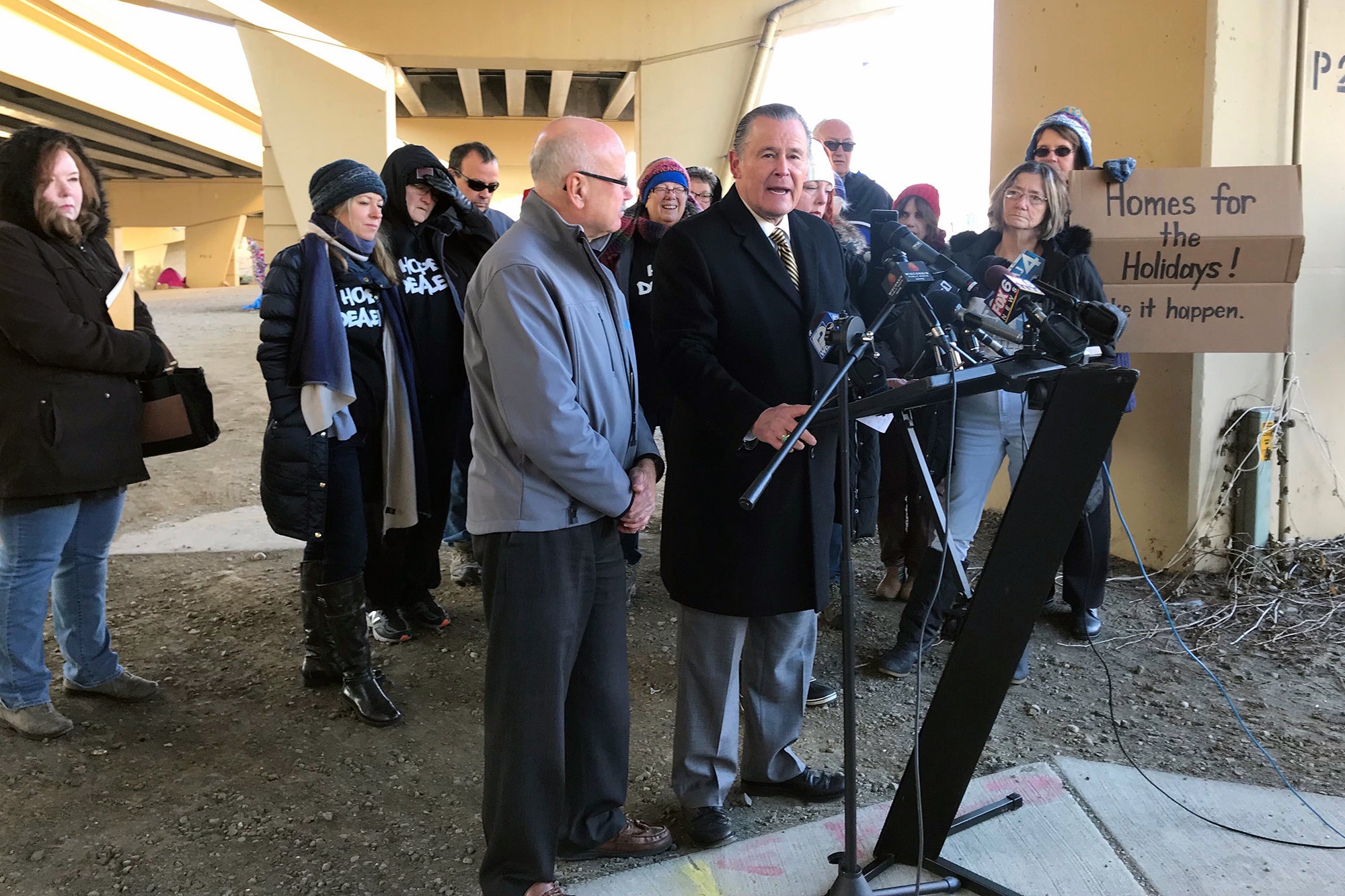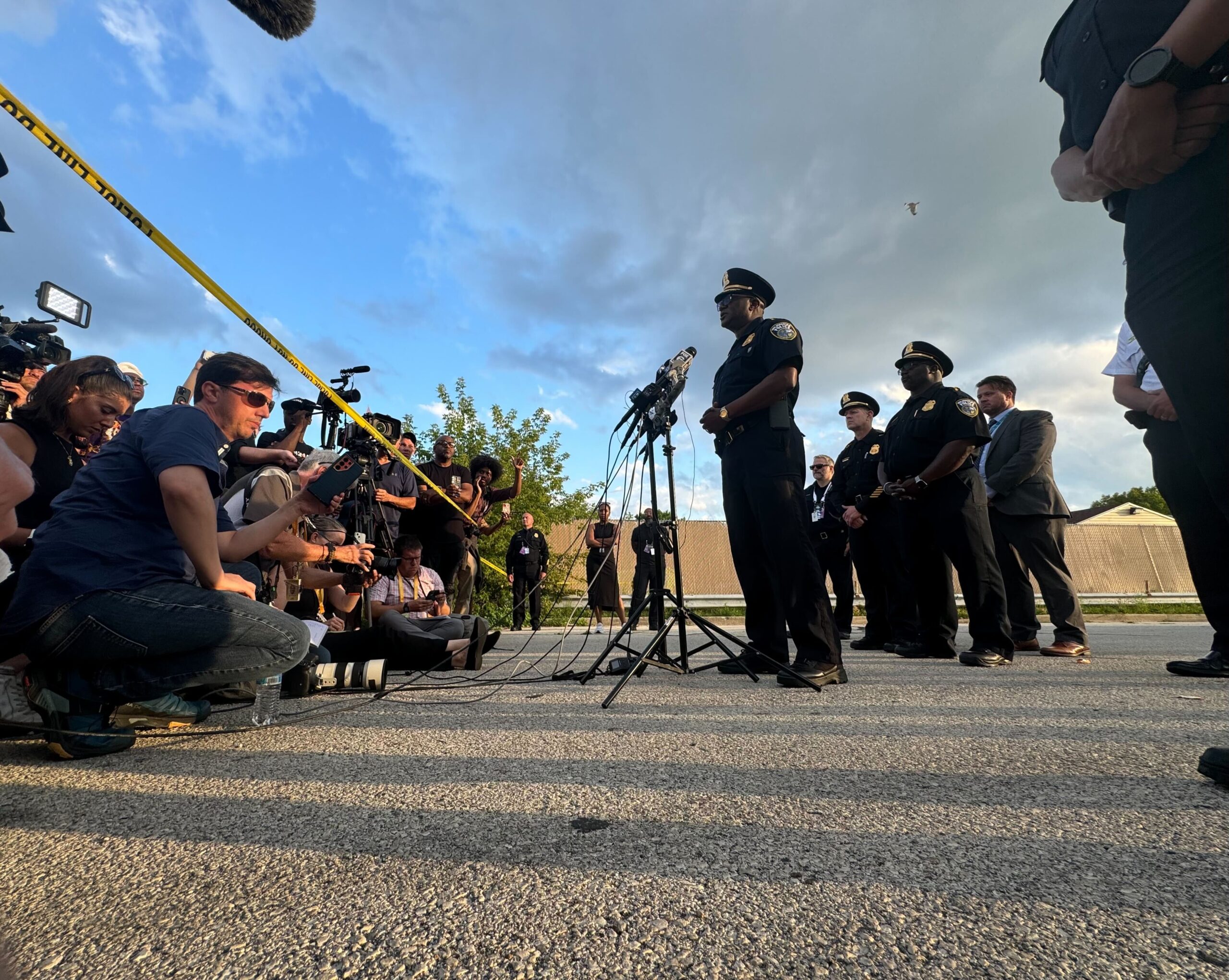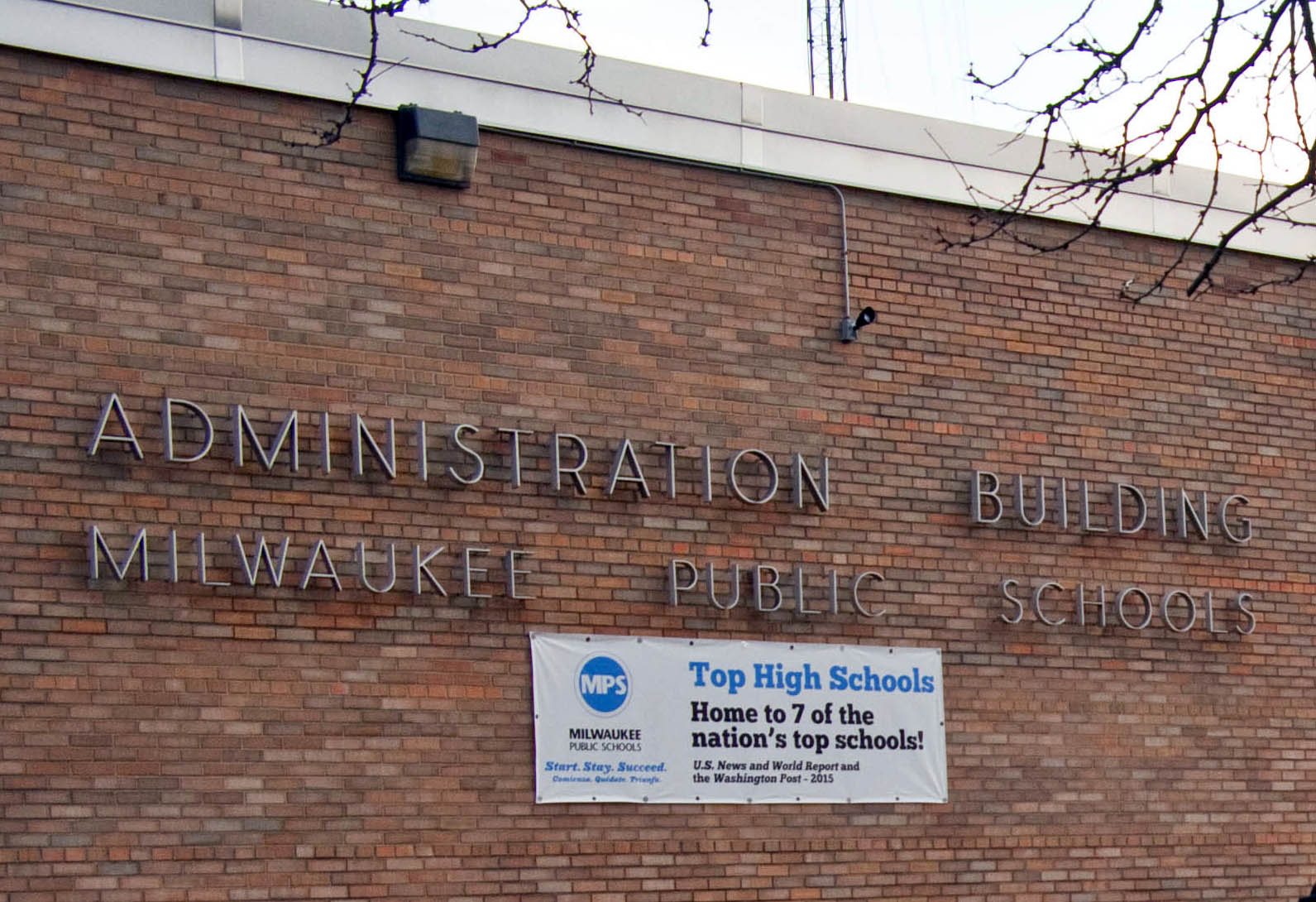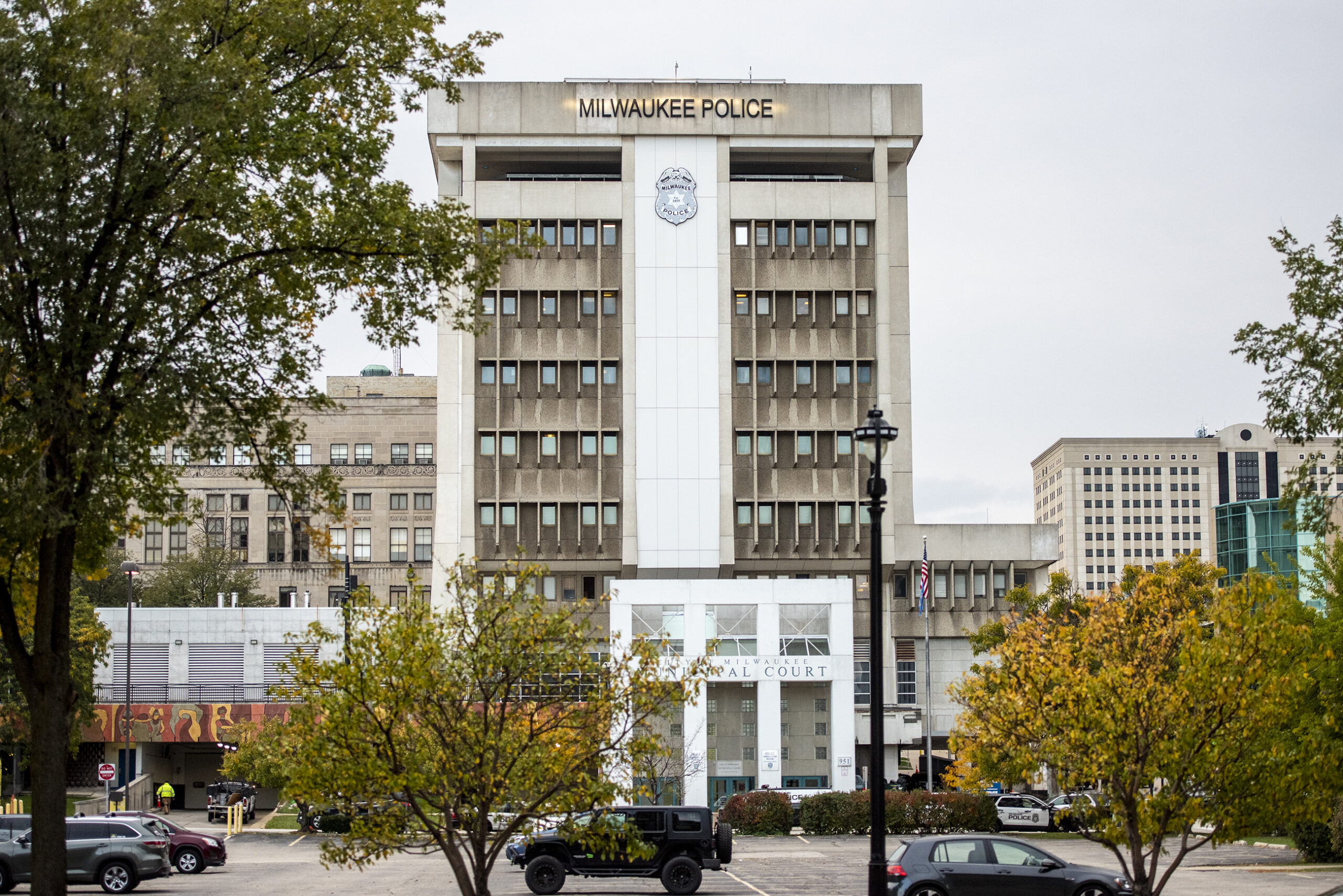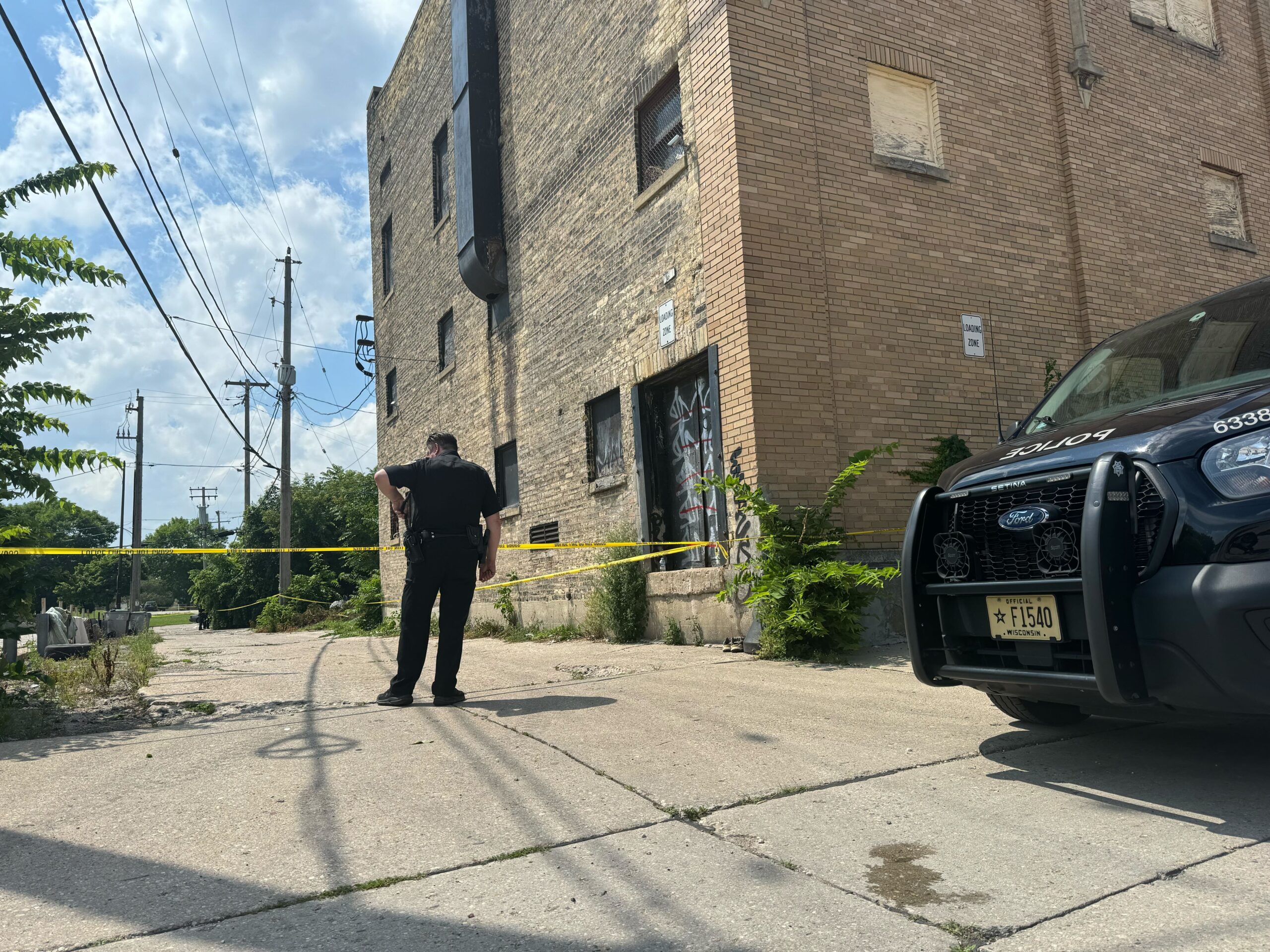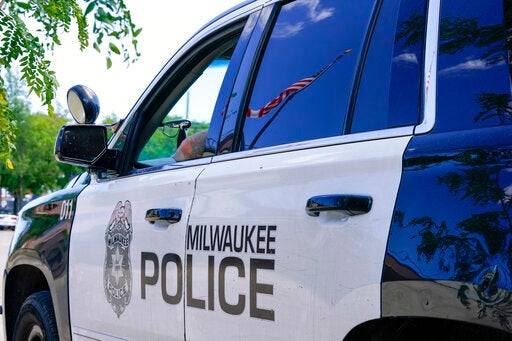A former Milwaukee Common Council member who lost his run for mayor in 2016 is running again and said Wednesday he wants the city to add more police officers after cuts in recent years.
The mayoral race is officially nonpartisan, but Bob Donovan considers himself to be conservative.
Donovan did not run for his Common Council seat again in 2020 after representing District 8 for four terms.
Stay informed on the latest news
Sign up for WPR’s email newsletter.
Seven candidates are running to lead Milwaukee and replace former Mayor Tom Barrett, who was first elected to the position in 2004 and left in December to serve as the U.S. ambassador to Luxembourg.
The primary election Tuesday will determine which two top vote-getters will face off in the April 5 special election. The winner will finish out the last two years of Barrett’s term.
Q&As from interviews with candidates that air on WPR’s “The Morning Show” will be published here. This story was edited for brevity and clarity.
Kate Archer Kent: What are your top priorities for the city?
Bob Donovan: First and foremost, there are three immediate challenges that whoever is Milwaukee’s next mayor, (they will) have to tackle head-on, right from the start.
No. 1: To provide the appropriate level of leadership that, in my estimation, hasn’t existed in Milwaukee for quite some time.
No. 2: The public safety crisis that we’re dealing with, from reckless driving to record-breaking homicides two years in a row … We’re dealing with this public safety crisis that is strangling the life out of Milwaukee.
And then finally, the fiscal challenges most people aren’t aware of. But Milwaukee is actually teetering on the verge of insolvency. We desperately need a partnership with the state of Wisconsin to address these challenges and move this community forward.
KAK: How would your administration seek to reduce violence and reckless driving?
BD: First, I would argue you simply cannot expect order and stability on our streets and neighborhoods unless we have the appropriate level of manpower in the Milwaukee Police Department. They simply cannot keep up with the 911 calls — the calls for help.
READ MORE: Milwaukee police chief threatens major cuts without staffing increase
And of course, that’s all reactive policing. We want a force that has the ability to proactively patrol our streets. I’ve always been a big, big believer in foot patrol and bicycle officers connecting with the people they’re protecting and the people connecting with those officers, getting to know one another. There’s no better way to improve police-community relations than that kind of policing … We’ve cut the department’s manpower by hundreds over the last few years. That needs to be turned around.
KAK: The Milwaukee Police Department has had trouble getting new recruits. How would you approach that problem?
BD: Even if it takes going to other communities to recruit people, certainly that’s been the case with a lot of departments across the country. But you’re absolutely right. … Are we getting the quality candidates that want to become officers?
It’s important that we have officers that reflect the people that they’re protecting. I would want to work closely with the League of Martin and other organizations, retired Black police officers, perhaps, that could help in the recruiting process. Latinos as well. Work with those kinds of organizations to reach out into our schools, into our community groups and make that connection. Oftentimes, a young person may not have a positive connection with a police officer. Let’s face it, oftentimes they see a cop dealing in crisis situations, in very challenging, difficult (and) emotional situations.
We had a program here in Milwaukee — it needs to be brought back — called STOP: Students Talking it Over with Police. And I think it was an excellent program. It received national awards. We need to bring efforts like that back. Also, the PAL organization — the Police Athletic League — where police officers were involved in sports and mentoring of young people.
KAK: How should the city spend roughly $200 million in unallocated federal funding for responding to the pandemic?
BD: Certainly, I would want to see some of these funds go to our businesses. I think small businesses over the last two years have taken it on the chin with the lockdowns, with the mandates and so on. Some of them have lost their businesses. We need to be a community that helps our small businesses prosper. After all, small businesses are the backbone of any neighborhood. They’re the lifeline. They keep a neighborhood strong. In some instances, they are like an institution, many that have been there for decades. So, it’s important that a certain amount of those funds go to our businesses.
KAK: In light of the problem with pensions, would you support raising taxes or cutting city services in this type of budget crunch?
BD: No, I wouldn’t. I think the answer is not more taxes, especially given the inflation that we’re facing currently (and) the fiscal challenges that most families are facing. This is going to have to require a partnership with the state, and I believe I’m the candidate who can get that done. I believe over the years, I’ve developed good working relationships with our state legislators. It’s critical. Also, I might add, Wisconsin is looking at a significant budget surplus to the tune of almost $4 billion.
READ MORE: Wisconsin budget balance now projected at $3.8B
I would hope that our representatives in Madison, including the governor, would recognize the importance of helping Milwaukee because what happens in Milwaukee is spreading to our suburbs. It impacts the region, but it impacts the entire state, as well. So, everyone has a vested interest in a well-run, efficient, successful (and) prosperous city of Milwaukee.
KAK: No. 1 on your list is leadership. How does that relate to what a caller said about how the city needs a sense of community and economic opportunity more than tough-on-crime policies?
BD: Without a doubt, he raises a good point, certainly. Having said that, you’re not going to be able to do anything positive in a neighborhood or in the community unless that community is first safe and stable. Once it’s safe and stable, positive things can happen. Businesses will want to come in.
Also, I would argue a major concern is our educational system. So, those two major responsibilities of local government, in my opinion, have been neglected over the last many years. We’re suffering the consequences. But without order and stability, you can’t begin to revitalize neighborhoods. So, that’s No. 1. And absolutely, once that occurs, you can then bring in businesses and so much can prosper. But you have to ask yourself: Do you want to move into or open up a business in a neighborhood that is factually unsafe and perceived as unsafe?
Wisconsin Public Radio, © Copyright 2025, Board of Regents of the University of Wisconsin System and Wisconsin Educational Communications Board.
